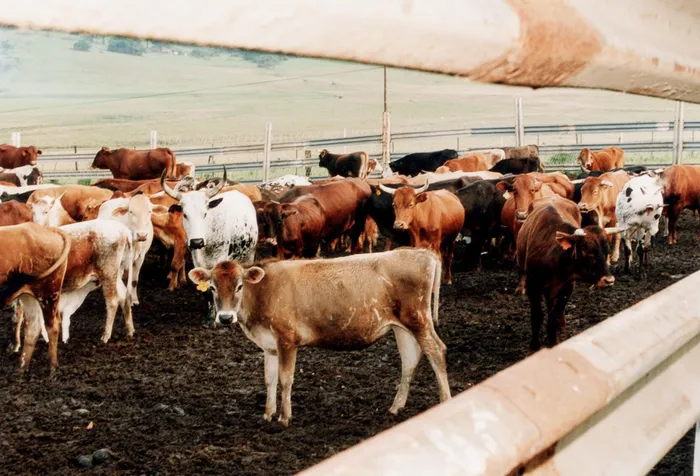Foot-and-mouth disease hits five farms in Eastern Cape

The Department of Agriculture, Land Reform and Rural Development has called on livestock farmers and livestock owners in all provinces to limit the movement of cloven-hoofed animals as far as possible amid an outbreak of foot-and-mouth disease (FMD) on five farms in the Eastern Cape areas of Humansdorp and East London.
The Department of Agriculture, Land Reform and Rural Development has called on livestock farmers and livestock owners in all provinces to limit the movement of cloven-hoofed animals as far as possible amid an outbreak of foot-and-mouth disease (FMD) on five farms in the Eastern Cape areas of Humansdorp and East London.
“Cloven-hoofed animals should not be moved unless it is absolutely necessary, considering among others that the East London farm sourced animals from multiple origins. This will allow for the department to find and quarantine further undetected, affected properties to prevent any further spread of the disease,” the department said on Wednesday.
The significance of the incubation period for FMD cannot be over-emphasised, they added. This is the period when animals appear to be healthy, in the early stages of infection (incubation period) when they are shedding virus without showing clinical signs of disease yet.
“The investigation into the origin and extent of the FMD outbreak in the Eastern Cape is ongoing. Clinical signs of FMD were observed on the first reported farm and samples were collected immediately on April 30. Since then, clinical signs of FMD were found on four more farms in the Humansdorp area, and one in the East London area.
“The laboratory at Onderstepoort Veterinary Research in Pretoria confirmed that the results from samples collected on these farms were positive for SAT3 on serology and PCR tests.
Virus identifications by sequencing have identified the same SAT3 virus on these positive farms,” the department said.
Steps have been taken, including the placement under quarantine of locations that were confirmed to be positive for FMD by the Eastern Cape Provincial Veterinary Services.
Immediate neighbours and all linked locations have been placed under precautionary quarantine, pending clinical and serological investigation to determine their FMD status.
Cattle and sheep on the affected farms were vaccinated against FMD to reduce the viral load on these farms. Farmers were urged to observe biosecurity.
Cape Times
Related Topics: